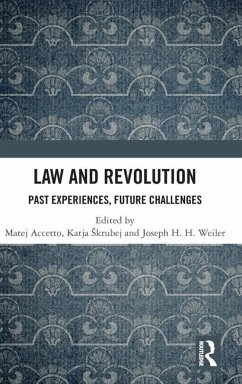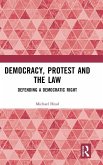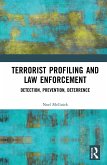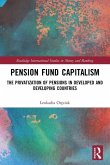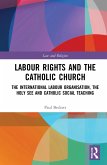The last one hundred years have seen a number of events that could be perceived as disruptive challenges to the normal operation of the legal order. Some have been disruptive innovations of technologies or business practices, others social changes or constitutional transformations, further buttressed by the impact of globalisation and interdependence affecting the development of international, transnational and global law. Coincidentally, this period of one hundred years has been bookended by two pandemics, themselves disruptive realities testing the resilience as well as the adaptability of the legal regimes. A hundred years ago, the founding dean of a newly established law faculty beginning its mission amid the ashes of the First World War and the disintegration of the only remaining European empire gave an opening lecture exploring the role of law and judges in the face of revolutionary societal changes. Drawing upon that important text, this edited volume explores similarchallenges for law brought about by various disruptive realities. The collection looks at the past as well as the future. Following the text of the opening lecture by Pitamic, the contributions are grouped under five headings, dealing with the law and revolution in 1918, the challenges posed for law by the seemingly more gradual political or technological transformations, the effects of globalisation and the changing world, with the final contributions reassessing the law, its methodologies and traditional paradigms including, in the epilogue, the challenges posed for law the recent disruptive reality of the Covid-19 pandemic. The book will be of interest to academics, researchers and policy-makers working in the areas of legal history, jurisprudence, constitutional law, law and politics, and law and technology.
The Open Access version of this book, available at http://www.taylorfrancis.com, has been made available under a Creative Commons Attribution-Non Commercial-No Derivatives (CC-BY-NC-ND) 4.0 license.
The Open Access version of this book, available at http://www.taylorfrancis.com, has been made available under a Creative Commons Attribution-Non Commercial-No Derivatives (CC-BY-NC-ND) 4.0 license.

